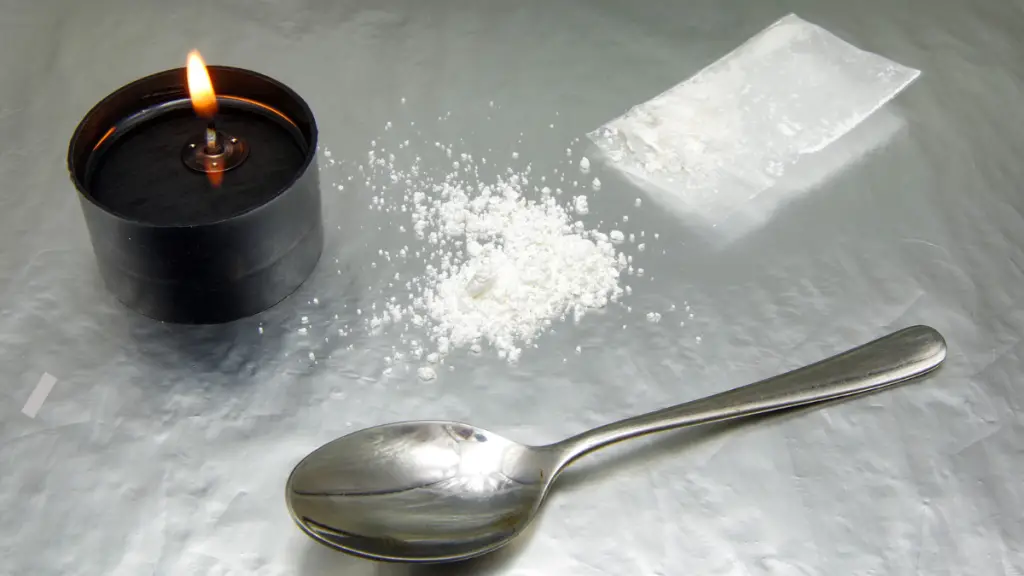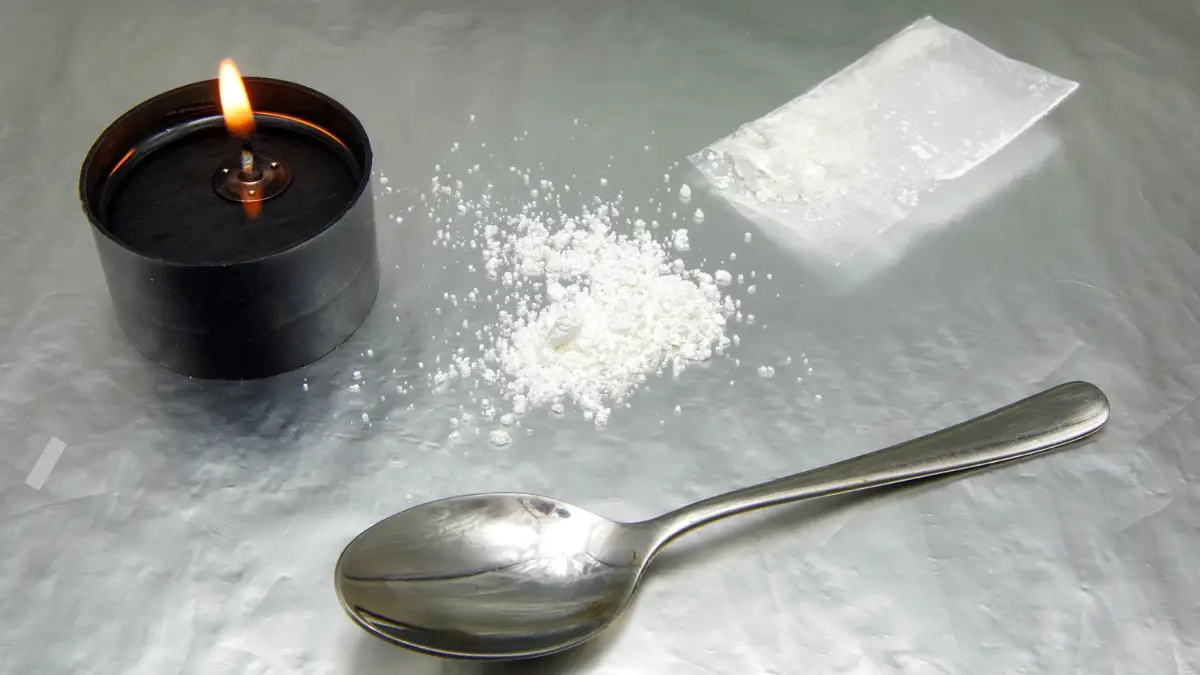The growing issue of hard drug use in Nigeria is a significant concern, with alarming implications for the country’s crime rate. As drug abuse becomes more prevalent, the consequences are being felt across all levels of society, manifesting in increased criminal activities and deteriorating public safety. This article explores the definition of hard drugs, and the types of drugs being abused in Nigeria. And their connection to rising crime rates, and possible solutions to control the situation.
Defining Hard Drugs
Hard drugs refer to substances that have a high potential for addiction and can lead to severe physical and psychological dependence. These drugs often have potent effects on the central nervous system. Leading to alterations in perception, mood, consciousness, and behavior. Examples of hard drugs include heroin, cocaine, methamphetamine, and synthetic opioids like fentanyl. The use of these substances is illegal in most countries, including Nigeria. This is due to their dangerous health impacts and association with criminal activities.
Understanding Crime
Crime is any action or omission that constitutes an offense and is punishable by law. Crimes can range from minor offenses, such as petty theft, to more serious crimes, including drug trafficking, armed robbery, murder, and terrorism. The relationship between drug use and crime is complex, as drug abuse often fuels criminal behavior, either directly or indirectly. For instance, individuals addicted to hard drugs may engage in criminal activities to fund their addiction. While drug trafficking itself is a significant criminal enterprise.
Types of Hard Drugs Abused in Nigeria
In Nigeria, several hard drugs are commonly abused, contributing to the escalating crime rates. These include:
1. Cocaine: A powerful stimulant, cocaine is one of the most trafficked and abused hard drugs in Nigeria. Its use is often associated with violent behavior and a range of criminal activities.
2. Heroin: Another highly addictive substance, heroin has devastating effects on users, leading to severe health problems and increased involvement in criminal acts, such as theft and prostitution.
3. Methamphetamine: Methamphetamine is a potent stimulant that has seen a surge in abuse, particularly among the youth. It is linked to aggressive behavior and various forms of violence.
4. Tramadol: Though a prescription painkiller. Tramadol is often abused at high doses for its euphoric effects. Its misuse is rampant in Nigeria, particularly in Northern regions, leading to increased criminal activities.
Impact of Hard Drug Use on Crime Rate in Nigeria
The rising use of hard drugs has a direct and profound impact on the crime rate in Nigeria. As more individuals become dependent on these substances, the need to sustain their addiction often drives them to engage in illegal activities. This includes petty crimes, such as theft and burglary, as well as more serious offenses like armed robbery, kidnapping, and murder.
Drug trafficking itself is a major criminal industry in Nigeria, fueling corruption, violence, and instability. Gangs and criminal networks involved in the drug trade often resort to extreme measures to protect their operations, including bribery, intimidation, and even murder. The violence associated with drug trafficking further exacerbates the crime rate, contributing to a cycle of lawlessness and insecurity.
Moreover, the psychological effects of hard drugs can lead to impaired judgment and increased aggression. Making users more likely to commit violent crimes. The social fabric of communities is also weakened, as drug abuse leads to broken families, unemployment, and poverty. All of these are factors that contribute to higher crime rates.

Controlling the Use of Hard Drugs
Addressing the rising use of hard drugs in Nigeria requires a multifaceted approach, including:
1. Law Enforcement: Strengthening the capacity of law enforcement agencies to combat drug trafficking and distribution is crucial. This includes equipping the police and other security agencies with the necessary tools and training to effectively tackle drug-related crimes.
2. Public Awareness: Educating the public about the dangers of hard drug use and its consequences can help deter individuals from engaging in drug abuse. Awareness campaigns should target vulnerable groups, such as youths, who are at higher risk of drug addiction.
3. Rehabilitation Programs: Providing accessible and effective rehabilitation programs for those struggling with addiction is essential. These programs should focus on helping individuals overcome their dependence on drugs and reintegrating them into society as productive members.
4. Economic Empowerment: Addressing the underlying socio-economic factors that contribute to drug abuse, such as poverty and unemployment, can help reduce the demand for hard drugs. Economic empowerment initiatives, particularly for the youth, can provide alternative means of livelihood and reduce the appeal of drug trafficking and use.
Dealing with Drug Users
Rather than solely focusing on punitive measures, a more balanced approach should be taken when dealing with individuals addicted to hard drugs. This includes:
1. Rehabilitation over Incarceration: Instead of imprisoning drug users, efforts should be made to provide them with access to rehabilitation and treatment. This approach not only helps in reducing drug dependence but also lowers the likelihood of reoffending.
2. Support Systems: Establishing support systems for recovering addicts, such as counseling, job training, and social services, can aid in their reintegration into society and prevent relapse.
3. Decriminalization of Minor Drug Offenses: Consideration should be given to decriminalizing the possession of small quantities of drugs for personal use, shifting the focus from punishment to treatment and harm reduction.
Conclusion
The rising use of hard drugs in Nigeria is a pressing issue that is intricately linked to the country’s escalating crime rate. To effectively address this challenge, a comprehensive strategy that includes law enforcement, public education, rehabilitation, and socio-economic development is necessary. By tackling the root causes of drug abuse and providing support for those affected, Nigeria can begin to reduce the impact of hard drugs on its crime rate and build a safer, more secure society.





